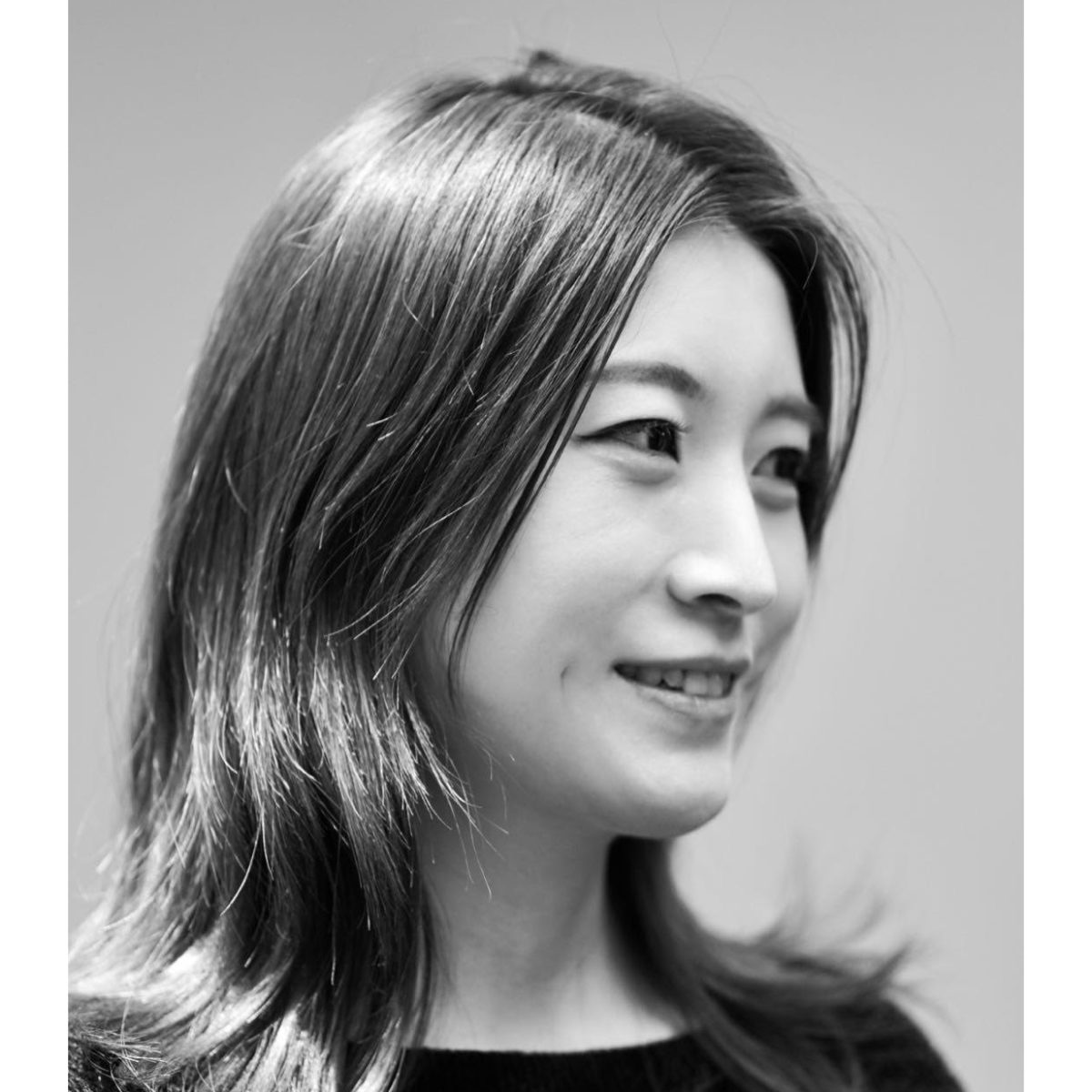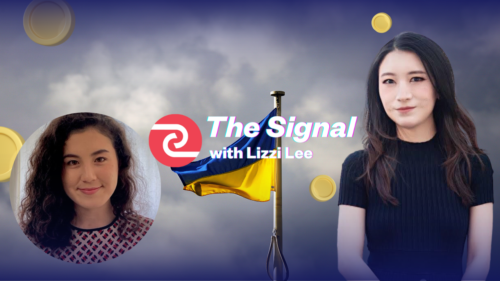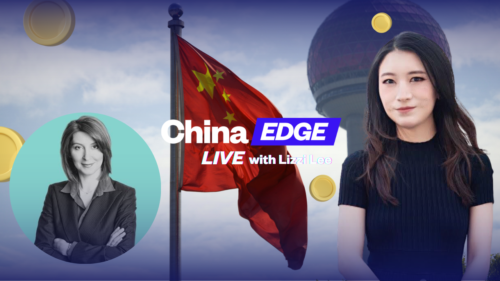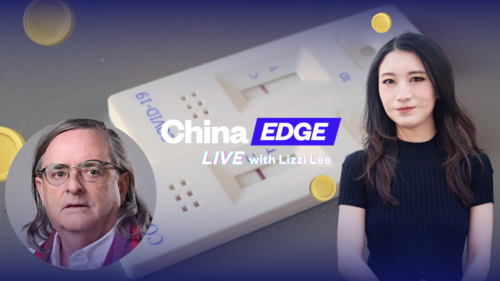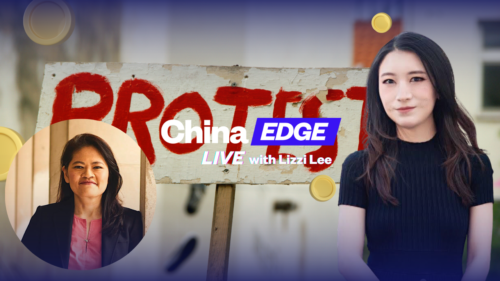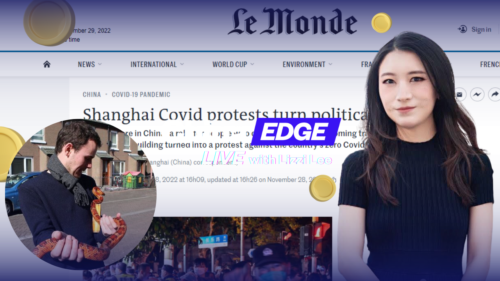Xi’s push for discourse power | Live with Lizzi Lee
Kenton Thibaut, a resident China fellow with the Atlantic Council's Digital Forensic Research Lab, talks about Beijing’s ambitious strategy to promote “pro-China narratives” under the leadership of Xi Jinping.
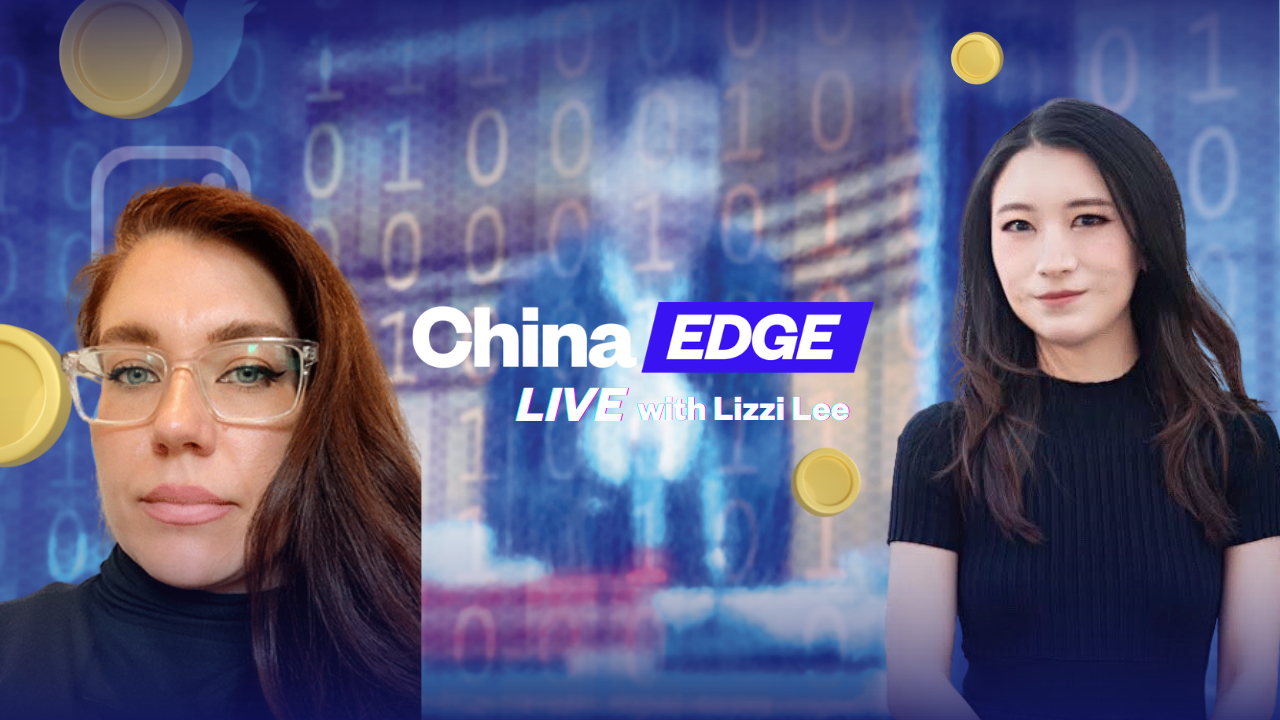
In this episode of Live with Lizzi Lee:
Under Xí Jìnpíng 习近平, China has sought to enhance its “discourse power,” which, according to Kenton Thibaut, a resident China fellow with the Atlantic Council’s Digital Forensic Research Lab, is a strategy that has pushed Beijing takes a more proactive role in global affairs. However, though the government’s efforts have served to bolster authoritarianism and erode democratic institutions — its effectiveness has its limits.
Below is a transcript of the video:
Lizzi: Joining me today is Ms. Kenton Thibaut, the resident China fellow of the Atlantic Council’s Digital Forensic Research Lab and author of a recent report, “Chinese Discourse, Power, Ambitions, and Reality in the Digital Domain.” Thank you so much again for joining me today.
Kenton: Thank you for having me.
Lizzi: So, Kenton in your recent report, you discuss the mechanisms through which China seeks to gain discourse power via the digital domain. I wonder if you can give us an overview of the mechanisms China employs.
Kenton: Sure. So first, just a quick definition. Discourse power, or 话语权 huàyǔ quán, in China’s view, is a type of narrative agenda-setting ability focused on shaping global governance, values, and norms to legitimize and facilitate the expression of state power. It involves the power to speak and the power to be heard. So the power to speak means the ability to kind of articulate a clear and compelling vision for what that order would be, and the power to be heard means it resonates with audiences, with target audiences.
And in China’s view, a country possesses discourse power when it’s able to shape the existing international order to reflect both its interests, for example, economic or security interest, and its value system.
So, for example, the West has discourse power in that Western values of liberal democracy and free market capitalism kind of imbue the current system.
And according to China’s Chinese scholarship, this kind of dominance, political, economic, and cultural of the United States has allowed it to structure the international system to its advantage in terms of both this value orientation and institutional arrangements. And in terms of institutional arrangements, China’s pretty well embedded.
It both contributes to and benefits from its embeddedness in the international system in this way.
But in terms of this value orientation, China’s come to see Western opposition to its rise, especially in terms of values as a serious roadblock to gaining the dominance it sees as appropriate and commensurate with its status on the world stage.
So, in terms of how the digital arena plays into this, China sees technological changes bringing about global power shifts that have really created an aperture for it to gain a first mover advantage.
And it sees this opportunity in the digital economy and its relations with the Global South via digital diplomacy, in an area where it can really overcome a discourse deficit and create this kind of alternative power center in the international arena.
Lizzi: Right. And how has that quest for discourse power changed during the past decade over the Xí Jìnpíng 习近平 area, so to speak?
Kenton: Right. With Xi Jinping, he’s kind of really revamped this idea of gaining discourse power. Upon assuming office, Xi proclaimed the Chinese dream of the rejuvenation of the Chinese nation, which was a language that had been used previously. But Xi really kind of took it as the North Star.
And this also plays into this idea of, you know, the Chinese sense of its own history of, you know, during the past 100 years or so, facing the three afflictions — this idea that China over the past 100 years has faced three major obstacles to its power.
The first was China’s suffering at the hands of foreign aggressors, and the second was a low level of economic development. And these were overcome by Máo [Zédōng 毛泽东] and Dèng [Xiǎopíng 邓小平], respectively. And then the third affliction focuses on China suffering criticism at the hands of the West.
This kind of third affliction kind of falls on Xi’s shoulders. Gaining discourse power for Xi really is a big part of overcoming this third affliction. It’s important to his legacy both in terms of, you know, the rejuvenation of the Chinese nation, but also his personal leadership legacy as well.
Lizzi: In the report, you specifically talk about how China has championed an alternative definition of human rights, in contrast to the West-centric definition that emphasizes civil and personal liberties. Has the Chinese version of the message found appeal elsewhere in the globe?
Kenton: Under this new kind of policy framework, China has really sought to promote its own concepts as an alternative to Western norms it sees as structuring the current system.
You call out human rights as one, and China’s championed a definition of human rights that does subordinate personal and civic freedom in favor of state-centered economic development.
That is, in China’s view, human rights have come to mean the right of every country to pursue a development path that suits its national conditions so that it can best provide for its citizens. This contrasts with the Western definition that emphasizes civil liberties participation in the political system.
Similarly, China’s emphasis on noninterference and respect for core interests in other countries’ internal affairs is meant to communicate a willingness to engage in relationships and exchanges and funding without consideration for a country’s internal political systems.
China often tailors its messaging about its norms to its audience. So, in the Global South, this idea of noninterference and this definition of human rights have an appeal.
For example, in the Middle East, China often emphasizes its principle of noninterference contrasting that with the role of Western countries, which really resonates given the latter’s histories of intervention in the region.
Lizzi: Do you think China seeks to export its authoritarian model, as some analysts have argued? Or is this something else?
Kenton: I would say that exporting authoritarianism isn’t quite to me the right framework for understanding China’s goals on the international stage, because this to me connotes a type of authoritarian evangelism or seeking to kind of change countries internally.
And it also a little bit takes away from the agency of the countries that we’re talking about when we talk about exporting authoritarianism.
China’s about, you know, China’s model, China evangelism, buying into the idea and spreading the idea that China is a responsible world power and not about changing, not about promoting authoritarianism in countries as a proper governance model.
At the same time, however, you know, China does market some of the technologies that it’s developed in these countries according to what they know will appeal to the leadership.
So, for example, technologies that are pitched to countries like Zimbabwe, which is highly authoritarian, will be kind of marketed with language that emphasizes the technology’s ability to help control civil society.
While in a place like South Africa, these technologies are marketed more about how they can address key safety concerns or enhance governance ability. It’s about how these tools and ideas related to authoritarianism are being used rather than China kind of imposing a model on different countries.
Lizzi: In many ways, the Chinese discourse seems antithetical to the liberal democratic ideal, but it might have appeal elsewhere.
How should the United States and its allies productively engage with China on that debate and push back against the Chinese alternative version of the model?
Kenton: I think first the first task is to really understand, you know, Western and democratic countries should understand what should be problematized and what should not with regards to China’s activities.
And there’s really a tension there with regards to China being both a nefarious actor in some cases, while also providing some real contributions to the digital economic futures of countries that very much need this technology.
And this is speaking in tech terms. China’s tech model is a double-edged sword, both at home and abroad. Josh Chin and Liza Lin recently put out a book, Surveillance State, that really gets to this. (Listen to their interview with Sinica here, or read the transcript here.)
You know, in Xinjiang, for example, surveillance is something to be feared. It allows police to track and detain people according to capricious standards. And its presence imparts the sense of dread and fear on Uyghurs.
But on the other hand, China’s safe cities allow authorities to provide public goods that are very valuable to its citizens.
And similarly, abroad, the export of Chinese technologies and know-how can enable authoritarian governments to more effectively and efficiently crush oppositions, but it can also provide solutions that have the potential to really enhance the well-being of citizens.
Similarly, China’s efforts to gain discourse power or spread positive China stories aren’t inherently bad. What is bad is when China leans on government officials abroad to censor negative China stories and local media.
And on its face, China’s provision of tech to help governments run more smoothly is not problematic.
But it becomes a bit more complicated when the outcome is that through these arrangements, China’s able to siphon out more diverse and varied forms of data that allow it to refine and upgrade its social control at home.
So in conclusion, any sort of conversation and engagement on these issues first needs to acknowledge where activities should be problematized, where not, and where these tensions are, to really understand how to effectively counter these strategies.
